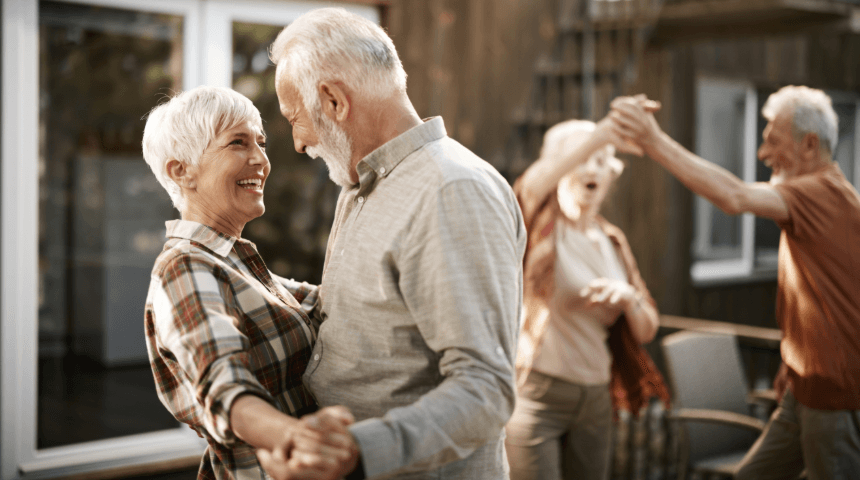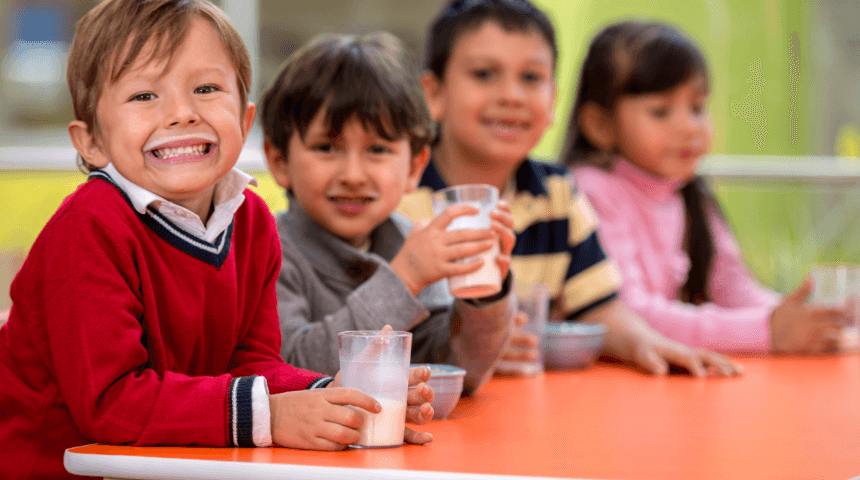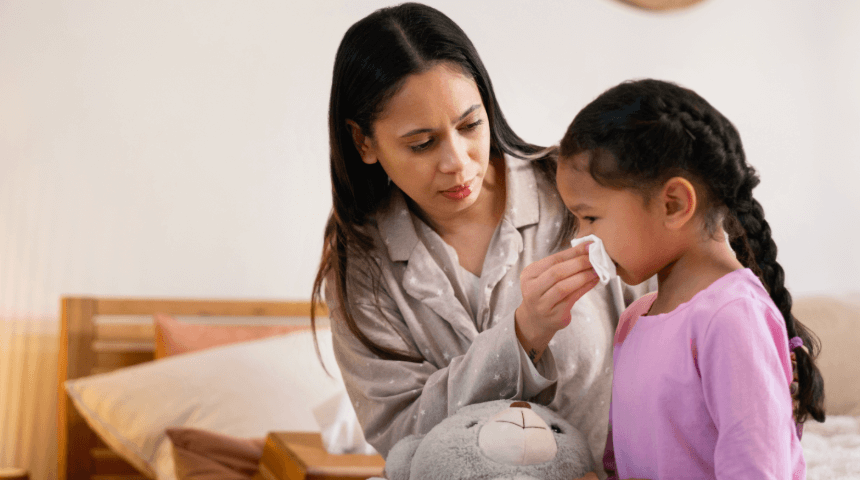How To Help Kids with Social Anxiety During Pandemic
Many parents, while trying to keep their children safe from COVID-19, worry their kids are missing important social skills. Some of the most common issues include social anxiety, gaps in social skills like sharing and parallel play, and separation anxiety.
Knowing how the pandemic is affecting your kids, as well as some steps to help them safely socialize, can set your mind at ease.
Why Kids Need Socialization
The brain grows most rapidly during the first six months of life. By 3 years old, your child’s brain is about 80 percent of its adult size. Supporting healthy brain development is critical during this window, and socializing is a major component.
Starting with the first smile at about 2 months of age, a child learns how to interact with others through socialization. The more time they spend around people, the more they learn.
Some of the first social skills a child learns include:
-
Expressing emotions, such as anger, joy and sadness
-
Communication, including eye contact, greeting and taking turns talking
-
Listening skills, including repeating words and sounds
-
Group work, such as engaging in parallel play, sharing and participating in small tasks in cooperation with other children
-
Nonverbal skills, like reading facial expressions and mimicking gestures and body language
-
Caring about others, including basic conflict-resolution skills like saying “I’m sorry” and helping someone in need
Socialization at a young age fires up neurons in the brain to help your child grow up to be a functional human being.
COVID-19 Tough on ‘Pandemic Babies’
For so-called “pandemic babies,” who were born and became toddlers during the pandemic, opportunities for social interactions that usually teach them how to interact with new and different people have been scarce.
For older kids who know what they've been missing, limited socialization has also taken a toll. Starting when your child is about 8 years old, their peer group becomes the most important group in their life. Between the ages of 8 and 18, friends are everything.
With limited face-to-face social interaction, like chatting in between classes and sharing confidences over lunch in the cafeteria, many preteens and teenagers struggle with loneliness, depression, anxiety and other mental health issues.
Helping Your Kids
Try not to worry if your baby or toddler hasn’t had as many opportunities to learn social skills because of the pandemic. It’s easy for young children to catch up on those gaps when they’re consistently socialized. Safely spending time with grandparents, having playdates with cousins or spending time outside with neighborhood friends are all opportunities for your little one to learn social skills.
For older children, parents should use their best judgment about how to help their kids safely socialize. Many children are back in school this year, which will give them more opportunities to socialize.
For kids 12 and up who have been vaccinated, this might mean hanging out with friends and going on outings more often than usual. Younger kids who haven’t been vaccinated can socialize, too, ideally outdoors or with masks on if in a crowded place.
Parents of immunocompromised children or those who have underlying health conditions should be cautious when it comes to socializing.
If Your Child Is Struggling
If your child is struggling with social or separation anxiety or other social challenges related to the pandemic, the best thing you can do is open the communication channels. Even if it doesn’t seem like they’re listening, they’ll know that you’re there to support and guide them.
If the situation seems severe, talk to your pediatrician about your concerns. Some conditions, like depression, are clinical and need to be treated with medication in the same way an infection requires antibiotics. Together, you and your family will learn how to safely navigate the world during the pandemic.
Choose to Stay in Touch
Sign up to receive the latest health news and trends, wellness & prevention tips, and much more from Orlando Health.
Sign Up




